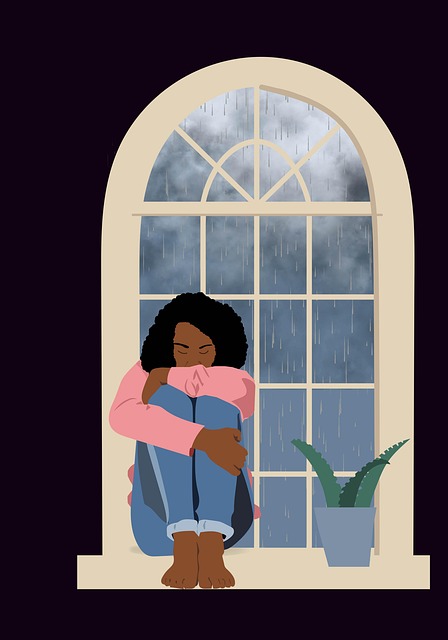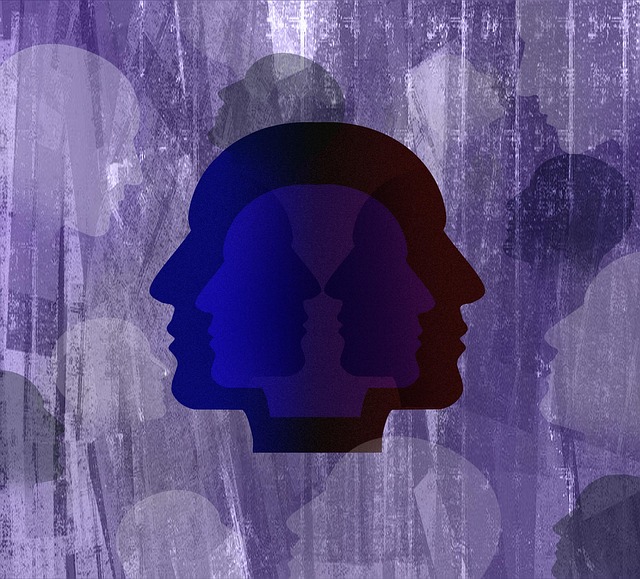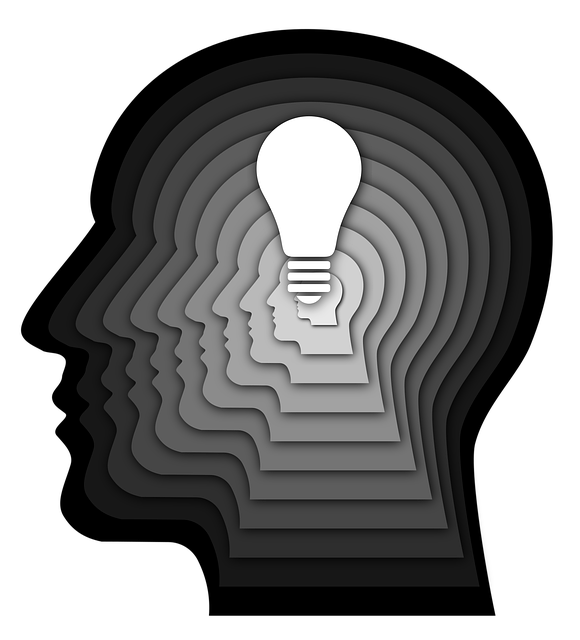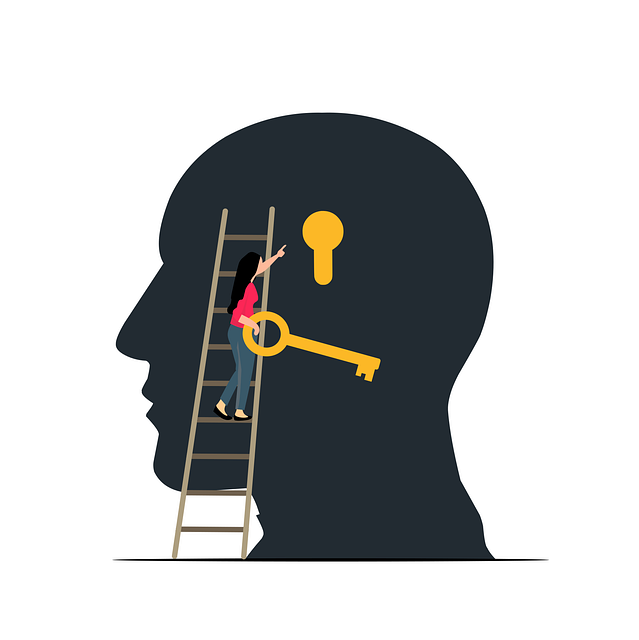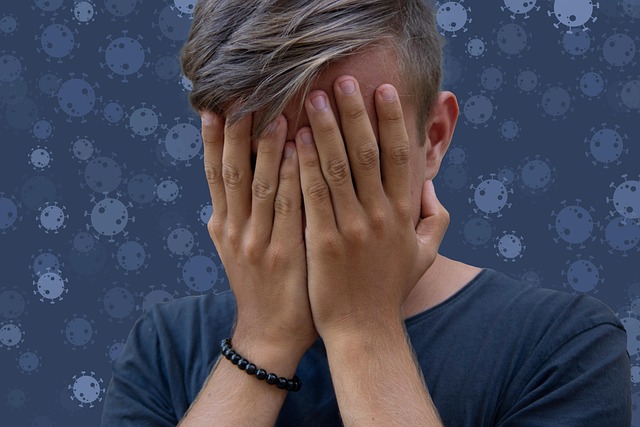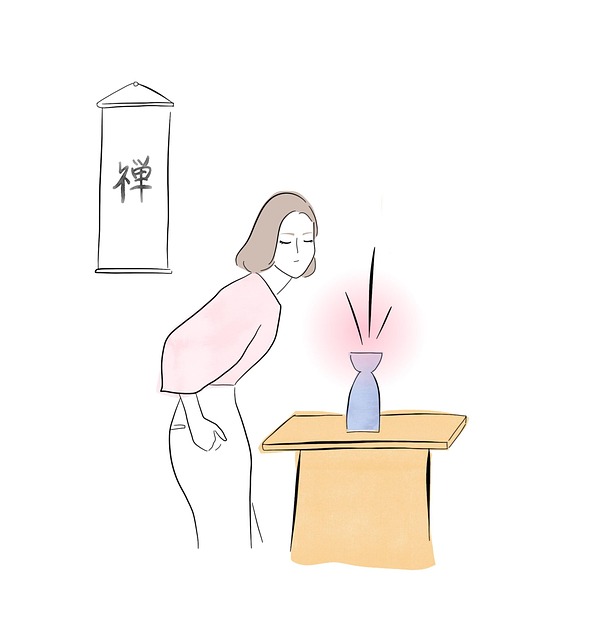Anxiety disorders are common across all demographics, with complex causes including genetic factors, brain chemistry imbalances, trauma, chronic stress, and environmental influences. Superior Geriatrics Therapy offers a comprehensive approach to treating anxiety in older adults, integrating emotional well-being, self-esteem, holistic practices (exercise, diet, sleep), cultural competency training, and mindfulness exercises alongside traditional CBT. This tailored therapy addresses unique physical and emotional aspects of aging often overlooked by standard care, empowering individuals to manage anxiety effectively while enhancing overall mental health.
Anxiety disorders affect millions, but managing symptoms effectively is achievable. This comprehensive guide explores various techniques for superior geriatrics therapy, focusing on both traditional and alternative approaches. We delve into understanding anxiety disorders, their causes, and common symptoms. Cognitive Behavioral Therapy (CBT) is highlighted as a powerful tool, alongside lifestyle changes proven to enhance mental well-being. Additionally, we examine relaxing techniques and alternative therapies to provide a holistic approach to anxiety management.
- Understanding Anxiety Disorders: Symptoms and Causes
- Cognitive Behavioral Therapy (CBT): A Powerful Tool for Anxiety Management
- Lifestyle Changes for Better Mental Well-being
- Alternative Therapies and Relaxation Techniques to Reduce Anxiety
Understanding Anxiety Disorders: Symptoms and Causes

Anxiety disorders are a common mental health concern affecting individuals across various demographics. Understanding anxiety involves recognizing its diverse symptoms and underlying causes. Symptoms can range from persistent worry, fear, and restlessness to physical manifestations like increased heart rate, insomnia, and muscle tension. These symptoms significantly impact daily functioning, often leading to avoidance behaviors or escalated anxiety in certain situations.
Causes of anxiety disorders are multifaceted, including genetic predisposition, brain chemistry imbalances, traumatic life events, chronic stress, and environmental factors. For instance, individuals with a history of trauma may experience anxiety as a result of heightened arousal responses triggered by reminders of past experiences. Additionally, low self-esteem and emotional intelligence can contribute to anxiety, making it crucial for superior geriatrics therapy to incorporate techniques that foster emotional well-being promotion and self-esteem improvement alongside traditional treatments.
Cognitive Behavioral Therapy (CBT): A Powerful Tool for Anxiety Management

Cognitive Behavioral Therapy (CBT) has emerged as a superior geriatrics therapy for managing anxiety disorders, offering a structured and evidence-based approach to treatment. This therapeutic method focuses on identifying and challenging negative thought patterns and behaviors that contribute to anxiety, replacing them with more realistic and positive ones. By addressing underlying cognitive distortions, CBT helps individuals gain a healthier perspective on stressful situations, leading to significant improvements in their symptoms.
The effectiveness of CBT lies not only in its ability to target specific anxieties but also in its holistic approach. It enhances self-esteem improvement by empowering individuals to overcome their fears and face challenges head-on. Moreover, cultural sensitivity in mental healthcare practice is integrated into CBT, ensuring that treatment aligns with the individual’s cultural context. Additionally, social skills training can be incorporated to foster better communication and interpersonal relationships, further supporting long-term anxiety management.
Lifestyle Changes for Better Mental Well-being

Anxiety management often begins with a holistic approach that includes lifestyle changes aimed at enhancing mental wellness. This involves adopting healthier habits such as regular physical exercise, a balanced diet, and sufficient sleep. These foundational practices can significantly reduce anxiety levels and improve overall mental health, making it easier to navigate daily life’s stresses.
For those seeking more tailored support, Superior Geriatrics Therapy offers comprehensive solutions. Their expertise in mental wellness includes cultural competency training for healthcare providers, ensuring that care is sensitive to diverse backgrounds. Additionally, they produce engaging Mental Wellness Podcast Series, providing valuable insights and strategies accessible to a wide audience. These initiatives contribute to a healthier, more supportive community, empowering individuals to take control of their mental well-being.
Alternative Therapies and Relaxation Techniques to Reduce Anxiety

Anxiety management has evolved beyond conventional methods, with a growing emphasis on alternative therapies and relaxation techniques. These innovative approaches offer promising avenues for individuals seeking relief from anxiety’s grip. Superior Geriatrics Therapy, for instance, focuses on addressing physical and emotional aspects of aging, often overlooked in standard care, as anxiety can manifest uniquely in older adults. By integrating holistic practices, this therapy aims to enhance overall well-being and reduce symptoms.
Beyond individual therapies, cultural sensitivity in mental healthcare practice plays a vital role. Recognizing that anxiety may be expressed differently across cultures requires tailored interventions. A risk assessment for mental health professionals is essential to identify potential triggers and ensure culturally responsive care. Incorporating positive thinking and mindfulness exercises can also significantly contribute to managing anxiety by promoting relaxation and fostering a sense of calm.
Anxiety management is a multifaceted approach, and by combining evidence-based therapies like Cognitive Behavioral Therapy with lifestyle modifications and alternative relaxation techniques, individuals can effectively navigate and overcome anxiety disorders. Incorporating these strategies into daily routines can lead to significant improvements in mental well-being. For a comprehensive and tailored treatment plan, consulting healthcare professionals specializing in superior geriatrics therapy is advisable, ensuring that every patient receives the best possible care for their unique needs.



